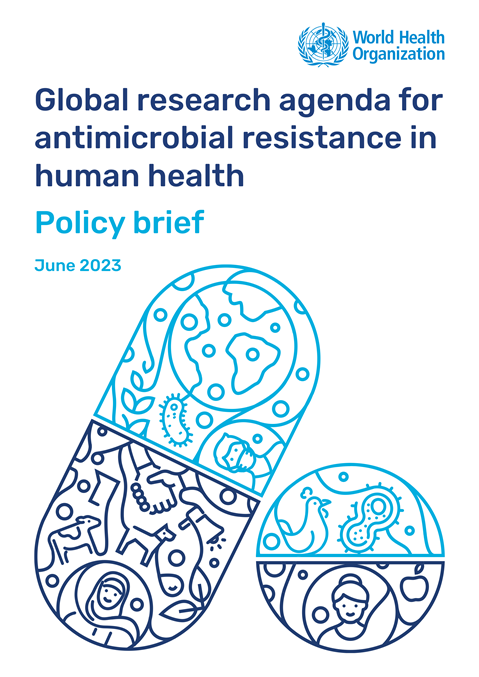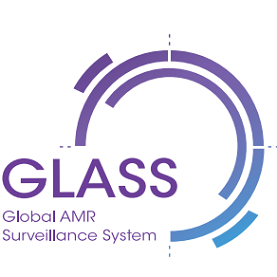The Surveillance, Evidence and Laboratory Strengthening Unit (SEL) provides countries with guidance and tools to enhance bacteriology and mycology diagnostic, epidemiology, and IT capacities. The aim is to inform the development and implementation of policies and practices to reduce the burden of antimicrobial resistance by providing equitable access to high-quality testing, prioritizing patient management and generating essential quality data through surveillance and research. The SEL unit leads the following initiatives:
- Global Antimicrobial Resistance and Use Surveillance System (GLASS)
Provides a standardized approach for countries to collect, analyze, interpret, and share AMR data, aiming to support capacity building and to monitor the status of existing and new national surveillance systems. - Antimicrobial Resistance Diagnostic Initiative
Aims to strengthen bacteriology and mycology diagnostics capacity, laboratory systems, and service delivery, particularly in low-resource settings. - Evidence generation, Research, and Innovation
Support the utilization of surveillance data to inform policy and clinical care; assist Member States and partners in identifying research priorities and addressing knowledge gaps using the Global AMR research agenda in human health; and promoting digital health solutions.
Publications
All →
The World Health Organization's global research agenda for antimicrobial resistance in human health is the first of its kind, developed to promote the...

This guide provides a framework for evaluating the WHO training package, Environmental cleaning and infection prevention and control in health-care facilities...

The WHO AMR Division hosted a technical consultation in Geneva, Switzerland, from 5 – 7 July 2023. This gathering brought together 52 participants...

Antimicrobial Resistance Diagnostic Initiative
WHO Antimicrobial Resistance (AMR) Diagnostic Initiative builds on the resolution WHA76.5 (2023) “strengthening diagnostic capacity” adopted...
Our work
News
Call
Initiatives
Meeting reports & Policy briefs
Global research agenda for antimicrobial resistance in human health
Policy brief

Overview
The global research agenda for antimicrobial resistance in human health prioritizes 40 research topics for evidence generation to inform policy by 2030. It aims to guide policy-makers, researchers, funders, implementing partners, industry and civil society in generating new evidence to inform antimicrobial resistance policies and interventions as part of efforts to address antimicrobial resistance, especially in low-and-middle-income countries.
The research agenda is global in scope and focuses on antimicrobial resistance in the human health sector, especially infections caused by the WHO bacterial priority pathogens and WHO fungal priority pathogens with critical importance for antimicrobial resistance (such as Candida auris, Aspergillus fumigatus and Cryptococcus neoformans), and drug-resistant Mycobacterium tuberculosis.
For the full report, see the Global AMR Research Agenda in human health report, which details the process used to identify priority research questions.
External publications

